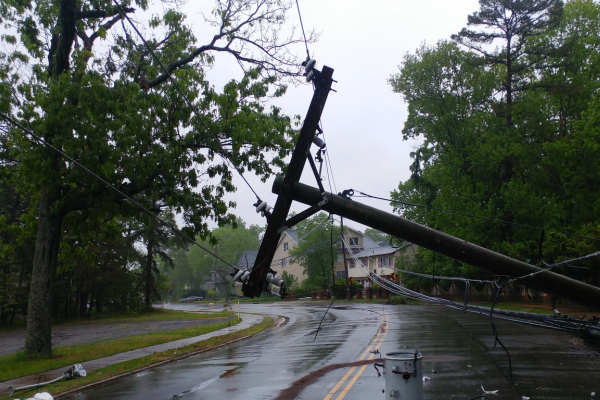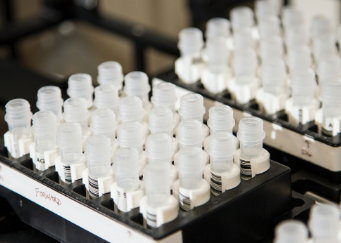Tracking down human cancer mutations using supercomputers
Mutagenesis is a major cause of cancer. Hence, it is important to deepen the understanding of the roles that specific mutagens play in causing cancer. This increase in understanding offers new opportunities for cancer prevention by reducing exposure to mutagens. Additionally, improvements in in-vitro testing of compounds’ mutagenicity and identification of their characteristic mutation signatures will further aid in improving the understanding of the roles mutagens play in cancer risk and epidemiology of cancer.
A research team at the Centre for Computational Biology at Duke-NUS Medical School are utilising NSCC’s computational resources to analyse whole-genome sequencing data, generated locally and internationally, in order to study the footprints of mutational processes (so-called mutational signatures) in cancer. Mutational signatures are used as biomarkers for mutagenic exposures in order to study which mutagenic processes contribute to cancer.

The researchers work to identify exogenous mutagenic exposures that contribute to cancer in order to raise public awareness and thereby reduce the number of cancers. The team also studies how mutational processes contribute to cancer formation by identifying specific genes and pathways that are frequently affected by a specific mutational signature, in order to identify molecular targets of tumours showing those mutational signatures.
The team is working to create a platform to directly test mutagenicity in cultured mammalian cell lines to determine extended mutation signatures of known and suspected mutagenic carcinogens using DNA. By leveraging extracted extended mutation signatures from published data sets and in combination with their own library of signatures, the team is also analysing global somatic mutation databases to determine which specific mutagens have contributed to the development of different cancer types.
To find out more about how NSCC’s HPC resources can help you, please contact [email protected].
NSCC NewsBytes November 2020





